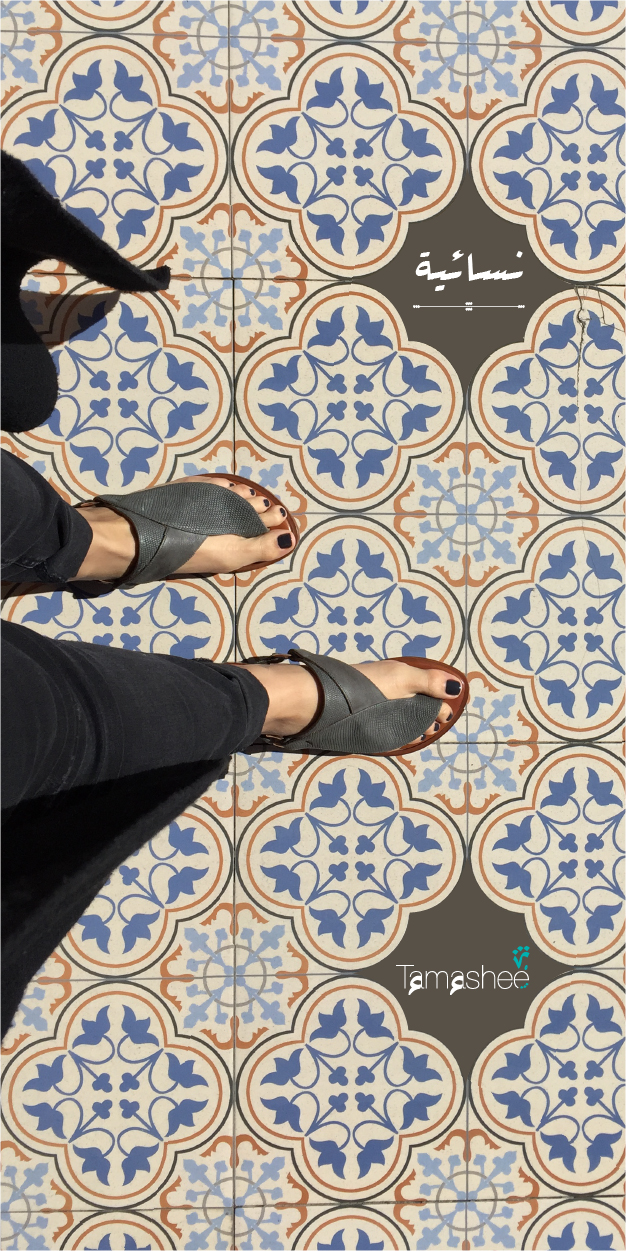Arabs and storytelling are hard to separate. The oral and written word, performance and storytelling have all played an active part in how Arabs exist within narratives and as storytellers. Over the last 123 years though, storytelling has changed dramatically with the introduction of film. It seems only fair that as natural storytellers, the Arabs and the Arab narrative would not only find its way in cinemas but also into the universal mainstream. But it hasn’t.
As disappointing as that seems, it’s more frustrating that when we do see representations of ourselves in the media they are inaccurate, whitewashed or embellished. This can make it easy for us to disregard or forget our potential and our influence in the movie industry.
The 90th Academy Awards are only a week away. From the fictional stories that define what it means to be human to the factual and devastating truths of history, this year the Oscars are celebrating a diverse range of films. This year two Arab films are nominated for Academy Awards. The Insult directed by Ziad Doueiri is nominated for Best Foreign Film while The Last Men in Aleppo directed by Firas Fayyad is nominated for Best Documentary Feature. Both films are political in tone and context which shouldn’t come as a surprise given the space many Arabs occupy in the media and their everyday lives. But it got us thinking what is the history between Arabs and the Academy Awards?
Who were the first Arabs nominated for Academy Awards? Did Arabs help change the movie industry? If so, how? What we discovered was interesting.
Arabs have been recognized by the Academy Awards for longer than we thought. Arabs helped pioneer many facets of entertainment and storytelling, not specifically because they were Arabs but because they were talented. A point of view we wish was more relevant today.
From movie making, art direction, fashion, acting, music and even as subject matter, we’ve created a timeline for you to look through and meet for yourself the Arabs and the Arab stories that were recognized as nominees and winners by the most esteemed establishment in the film world.





























































